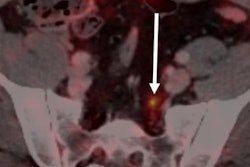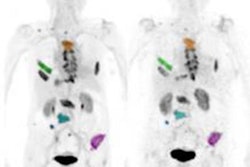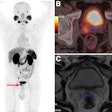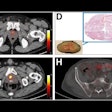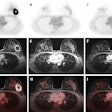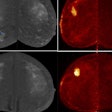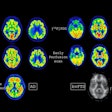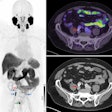Dear Molecular Imaging Insider,
Over the last few years, PET/CT imaging with the radiopharmaceutical gallium-68 (Ga-68) prostate-specific membrane antigen (PSMA) has become the gold standard for evaluating various stages of prostate cancer and cases of its recurrence. At the same, clinicians also have turned to MRI to evaluate this disease because of the modality's soft-tissue contrast and diffusion-weighted MRI. So, which technique is better?
Researchers from the University of Düsseldorf in Germany tried to answer that question by comparing the prowess of Ga-68 PSMA PET/CT against whole-body MRI. The answer can be found in today's article in the Molecular Imaging Community.
Ga-68 PSMA is also adding value to PET/MRI in image-guided biopsies and prostate cancer detection. Swiss researchers found that Ga-68 PSMA-11 PET/MRI provided positive results in 64% of their study's patients and missed only one significant prostate cancer. The enhanced PET scans also compensated for deficiencies in multiparametric MRI.
In other news, German researchers from Heidelberg have reported on two new radiotracers that achieved substantially shorter image acquisition times than FDG-PET scans and required no fasting or dietary changes. The development of these two tracers could give a timely boost to cancer detection and evaluation.
Cancer patients may be facing long delays in the U.K. The Royal College of Radiologists (RCR) has found that more than 7.5% of oncology consultant posts are vacant. Results from the annual survey of 62 major cancer centers highlight the ongoing shortage of oncology staff. The report raises questions about whether the National Health Service can roll out innovations such as immunotherapy drugs and high-energy proton-beam radiotherapy without more investment and human resources.
The U.K.'s planned departure from the European Union is creating additional uncertainty. Among the unresolved questions about Brexit is how exactly nuclear medicine services will be affected. The RCR is among several organizations that have issued guidance on what to expect regarding the supply of radiopharmaceuticals.
Be sure to visit AuntMinnieEurope.com and the Molecular Imaging Community on a daily basis to discover the latest in news and research from around the world.






